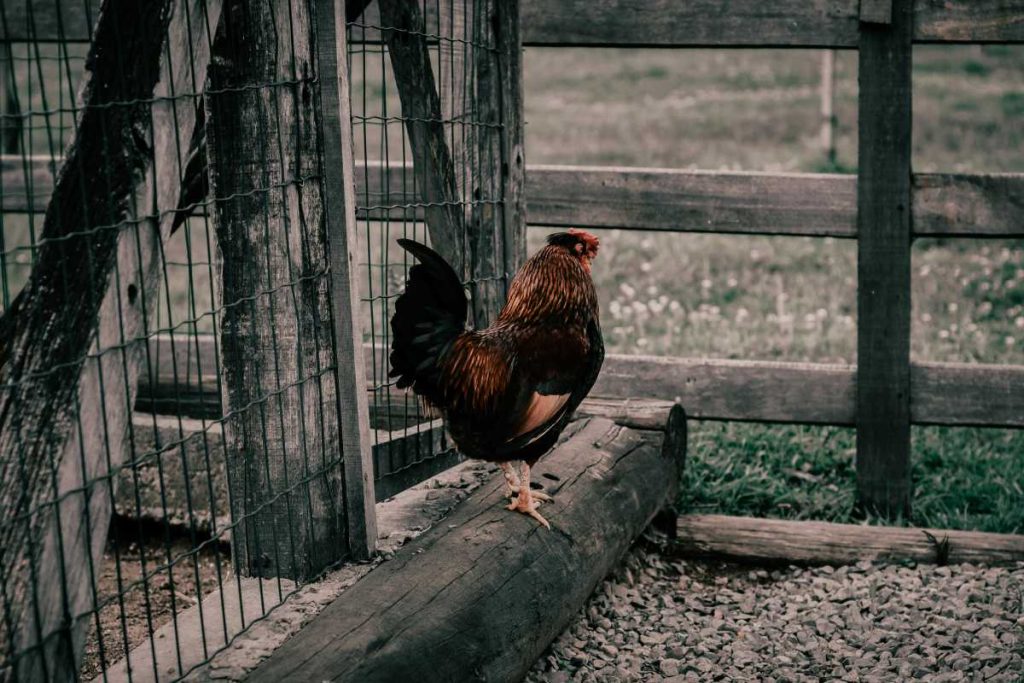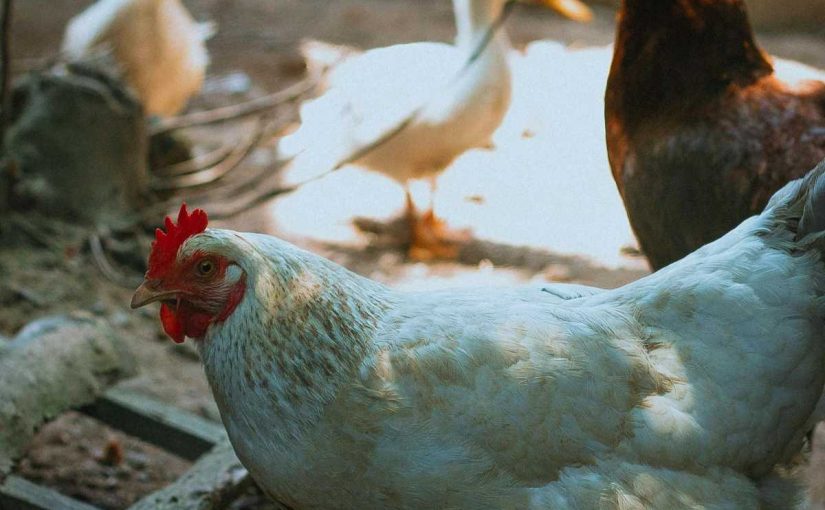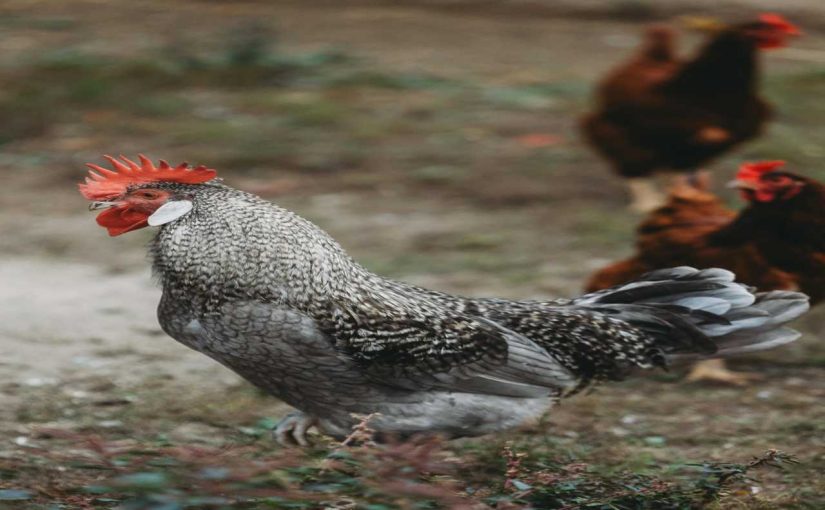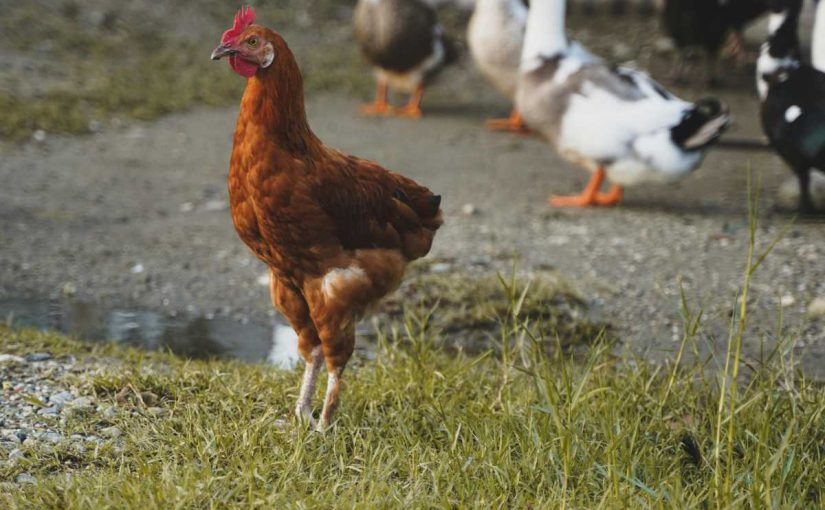As chickens age, their care requirements change significantly. Just like humans, older chickens need special attention to ensure they remain healthy, happy, and productive. Recognizing the signs of aging and adapting their care can extend their lifespan and improve their quality of life. In this blog, we’ll explore the best practices for caring for aging chickens, focusing on their health, nutrition, and overall well-being.
Understanding Aging in Chickens
Chickens are generally considered seniors when they reach around 3 to 5 years of age, depending on the breed. While many breeds can live up to 8 years or more, their egg production and overall health may decline as they age. Here are some common signs of aging in chickens:
- Reduced Egg Production: Older hens often lay fewer eggs, and the eggs may be smaller or of lower quality.
- Changes in Physical Appearance: Look for signs of feather loss, weight changes, and alterations in skin color.
- Decreased Activity Levels: Senior chickens may become less active and spend more time resting.
- Health Issues: Older chickens may be more susceptible to health problems, including arthritis, respiratory issues, and digestive problems.
Key Areas of Care for Aging Chickens
1. Nutrition and Diet
Proper nutrition is crucial for the health of aging chickens. Their dietary needs change as they grow older, and providing the right food can help maintain their health and vitality.
- High-Quality Feed: Switch to a senior or layer feed formulated for older hens. These feeds often contain higher protein levels, calcium, and vitamins to support their health.
- Supplementation: Consider adding supplements, such as vitamins and minerals, to their diet to address any nutritional deficiencies. Calcium is especially important for older hens to maintain bone health.
- Easy-to-Digest Foods: Offer easily digestible foods, such as cooked grains, vegetables, and kitchen scraps, to encourage good digestion.
- Fresh Water: Ensure access to clean, fresh water at all times. Older chickens may need to drink more to stay hydrated, especially if they are on a higher-protein diet.
2. Health Monitoring
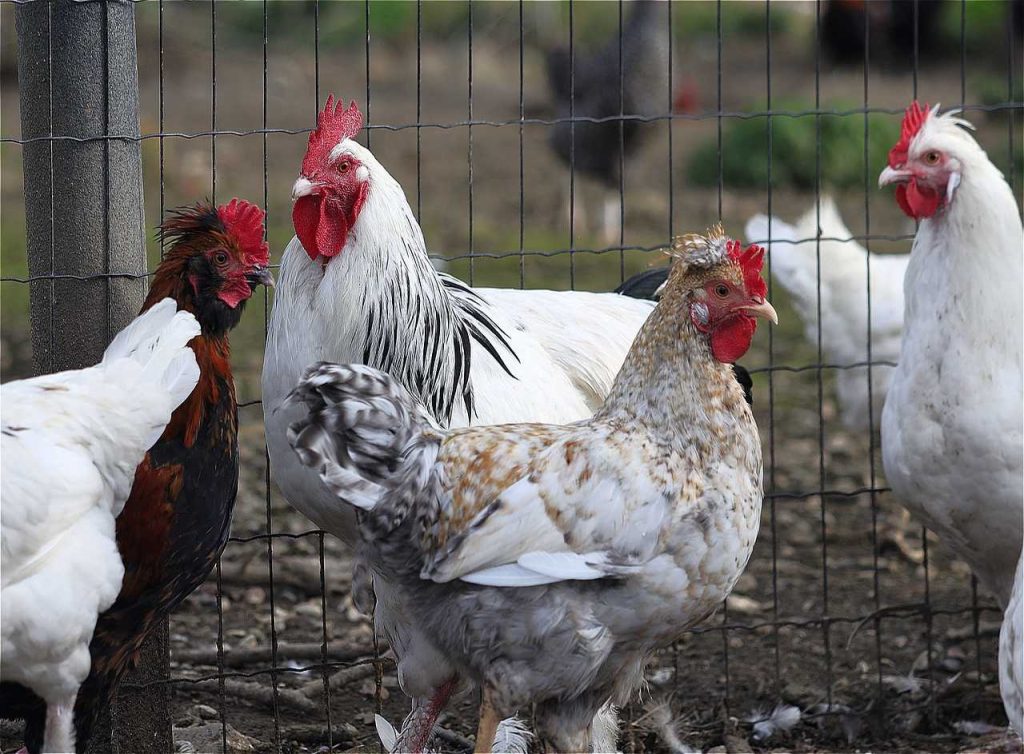
Regular health checks are essential for aging chickens. Monitoring their health can help you catch potential problems early.
- Physical Exam: Regularly check your chickens for signs of illness, such as lethargy, changes in appetite, or unusual droppings. Look for any signs of injuries or infections, especially in the legs and feet.
- Watch for Lameness: Older chickens are more prone to arthritis and other mobility issues. If you notice a chicken limping or having difficulty walking, provide soft bedding and easy access to food and water.
- Vaccinations: Consult with a veterinarian about vaccinations and preventive care for older chickens. Keeping up with vaccinations can help reduce the risk of disease.
3. Comfortable Living Environment
Creating a comfortable living space is vital for the well-being of aging chickens.
- Soft Bedding: Use soft, comfortable bedding materials, such as straw or pine shavings, to help older chickens move around easily and rest comfortably.
- Access to Shade and Shelter: Ensure that your chickens have adequate shelter from harsh weather conditions, such as extreme heat or cold. Provide shaded areas for them to escape the sun in the summer and insulated spaces during winter.
- Non-Slip Surfaces: Make sure the coop and run have non-slip surfaces to prevent falls. Adding straw or rubber mats can help reduce the risk of injury.
4. Social Interaction
Chickens are social animals, and maintaining their social structures is essential for their mental health.
- Keep Them with Their Flock: Aging chickens benefit from staying with their flock, as social interaction can reduce stress and promote well-being.
- Monitor Pecking Order: Be mindful of any bullying or aggressive behavior from younger chickens. If necessary, provide separate space for the older birds to retreat if they are being picked on.
5. Egg Production Management
As hens age, their egg production naturally declines. Managing their egg-laying expectations is important.
- Reduce Lighting: If you use artificial lighting to encourage egg production, consider reducing the amount of light as your hens age. This adjustment can help prevent stress and support their overall health.
- Culling Considerations: Evaluate whether to keep aging hens based on their egg production and health. While it’s common to keep them as pets, some owners may choose to cull hens that are no longer productive, especially if they are experiencing health issues.
6. Veterinary Care
Regular veterinary check-ups are especially important for aging chickens.
- Routine Check-Ups: Schedule regular visits with a veterinarian who specializes in poultry to monitor the health of your aging flock. They can provide advice on vaccinations, treatments, and preventive care.
- Address Health Issues Promptly: If you notice any signs of illness or distress, seek veterinary attention immediately. Early intervention can make a significant difference in recovery outcomes.
Conclusion
Caring for aging chickens requires special attention and adjustments to their care routines. By focusing on their nutritional needs, monitoring their health, and providing a comfortable living environment, you can help ensure that your senior chickens live long, happy, and healthy lives. Remember, chickens can be beloved pets and valuable members of your homestead, regardless of their age. With proper care, your aging flock can continue to bring joy and companionship for many years to come.

